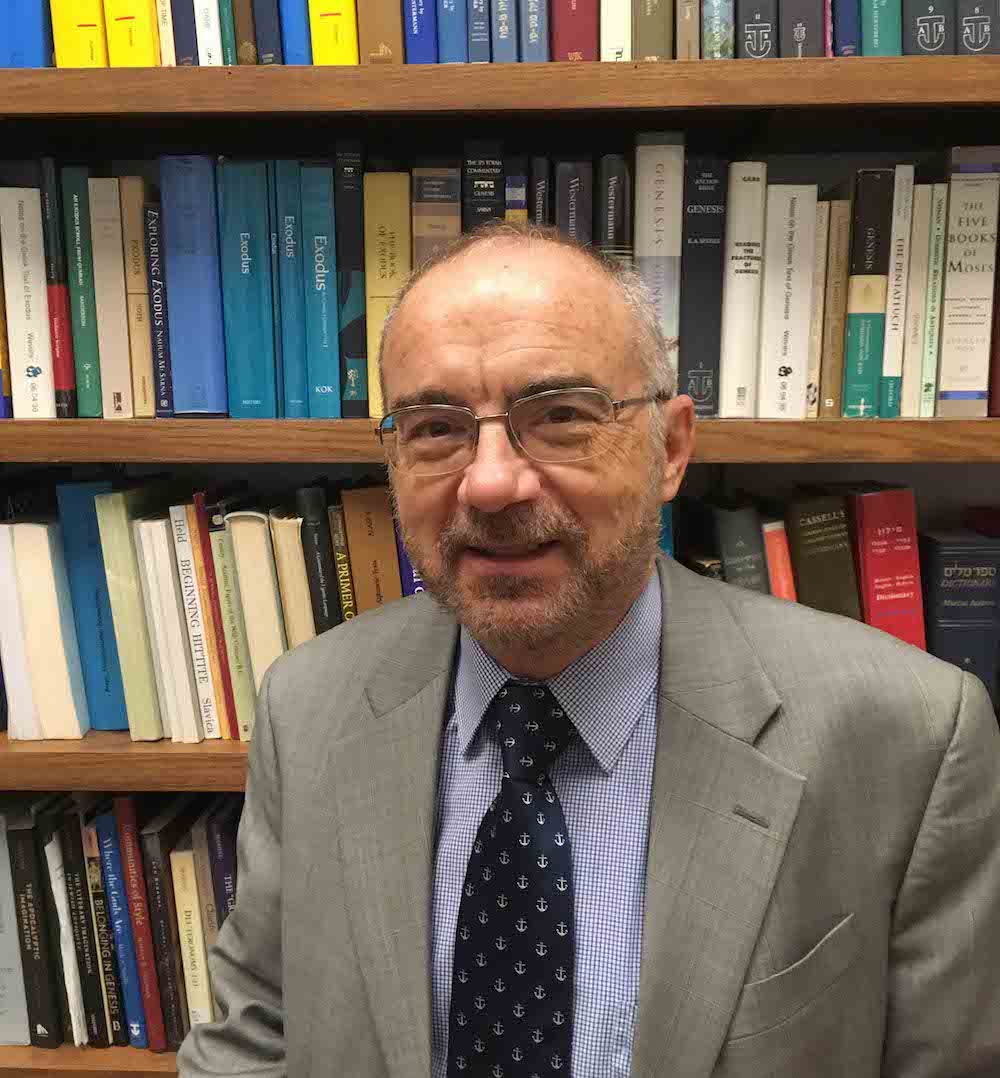Baruch J. Schwartz, Associate Professor of Bible, The Hebrew University of Jerusalem
Baruch J. Schwartz was born in Philadelphia. He received his undergraduate degrees from Columbia University and the Jewish Theological Seminary of America (1976). After after making aliya, he received his MA (1981) and PhD (1988) from the Hebrew University of Jerusalem where he has taught in the department of Biblical Studies since 1997. He has also taught at Tel-Aviv University, at Ben-Gurion University in Beer Sheva, at Gratz College in Philadelphia, at the Leo Baeck College in London, at the Russian State University for the Humanities in Moscow, at the Schechter Institude of Judaic Studies, at the University of Sydney, Australia, at the University of California, Davis, at Harvard University, at Yale University and at Princeton University. He was a fellow of the Institute for Advanced Studies at the Hebrew University of Jerusalem.Prof. Schwartz’s research centers on biblical religion and law, the composition of the Torah, the classical prophetic literature, and medieval biblical exegesis. He is the author of The Holiness Legislation (Jerusalem: Magnes Press, 1999) and of the commentary on Leviticus in The Jewish Study Bible (New York: Oxford University Press, 2004; second edition 2014) as well as numerous scholarly articles on biblical topics. He last lectured at the University of Chicago on a brief visit in 2009.
As the Greenberg Visiting Professor of Jewish Studies, Prof. Schwartz is teaching two courses. The first, designed for upper-level undergraduates and entry-level graduate students, is entitled "Joseph and His Brothers: The Biblical Accounts." During the course students examine in detail the literary form, content, theology and composition of the Biblical text with the aim of identifying the questions it poses and evaluating the methods employed and the solutions proposed by commentators and critics in their attempts to answer them. The second course, a graduate seminar, is entitled, "The Composition of the Torah: Reasserting the Documentary Hypothesis." This course offers students a detailed textual study of selected passages from the narrative portions of Torah (i.e. in Genesis, Exodus and Numbers) with the aim of illustrating the literary basis for the hypothesis that the Torah has been created by merging four pre-existing sources into one continuous text.
In addition to his teaching, Prof. Schwartz will also give a public lecture at 5 p.m. on Thursday, March 8, entitled, "The Splitting of the Sea Narrative: Exodus 14 Parted and Reunited." All are invited and a light kosher reception will follow.

